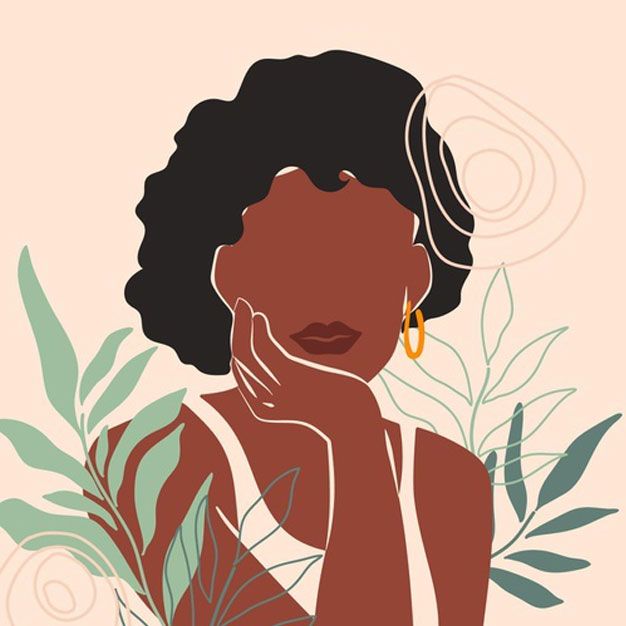Just like all of us at HFHP who have first-hand experience with trichotillomania (TTM), you might have hesitated to open up about your condition. Sharing such a personal aspect of your life can be daunting, as not everyone knows how to react or support you effectively. Empathy and understanding are crucial when it comes to conversations about TTM.
Today, let's explore how to approach the conversation with someone about your medical condition and provide them with the right guidance to offer their support.
We encourage you to share this article with those close to you, as helping them understand your journey can make all the difference in your self-care and well-being.
Educate yourself.
Learn more about trichotillomania, so you can explain it to your family and friends in a way they can understand. Share information about the disorder, including its symptoms, causes, and treatment options.
That’s why we make so many resources about TTM available on our website! Feel free to share any or all of them with your friends and family.
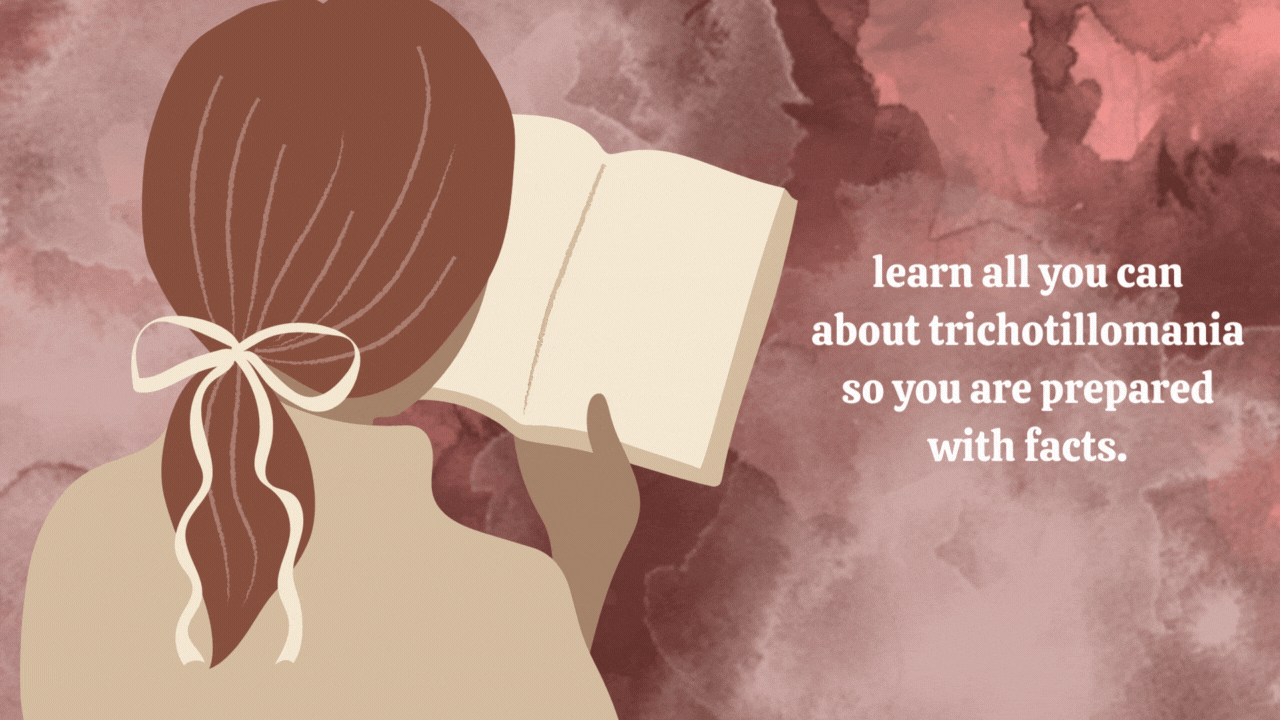
Choose the right time & place.
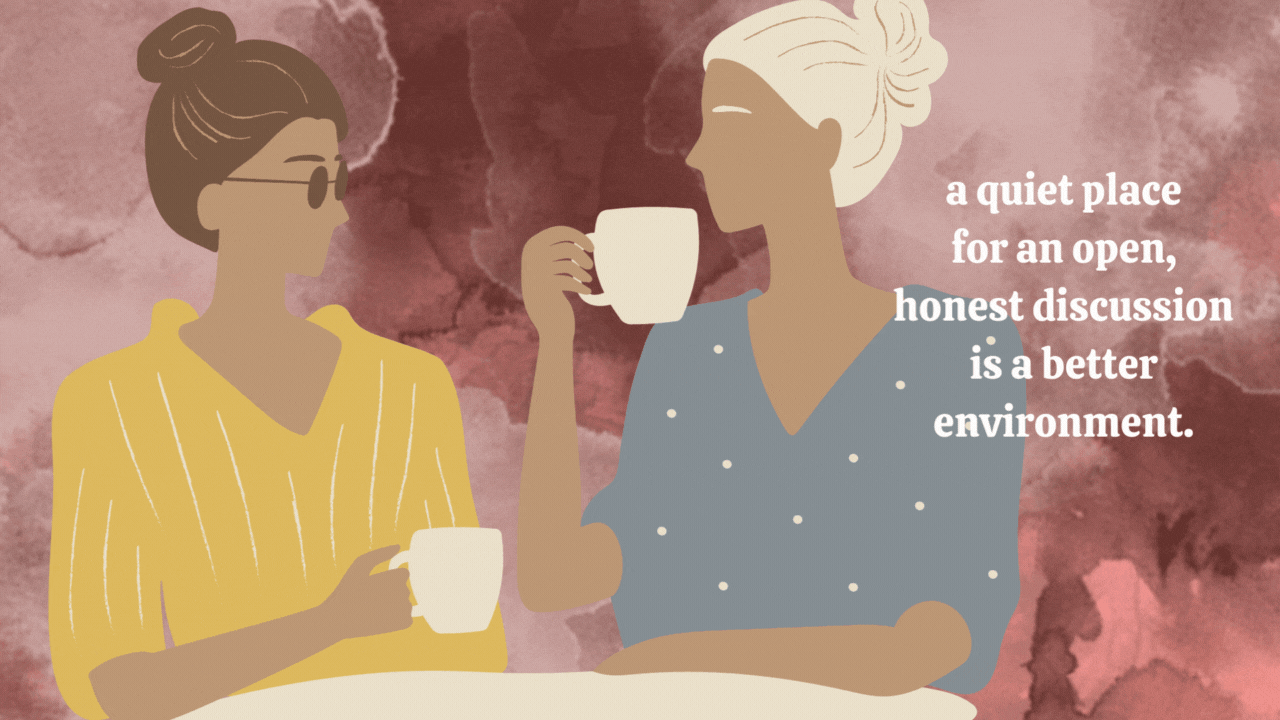
Be open and honest.
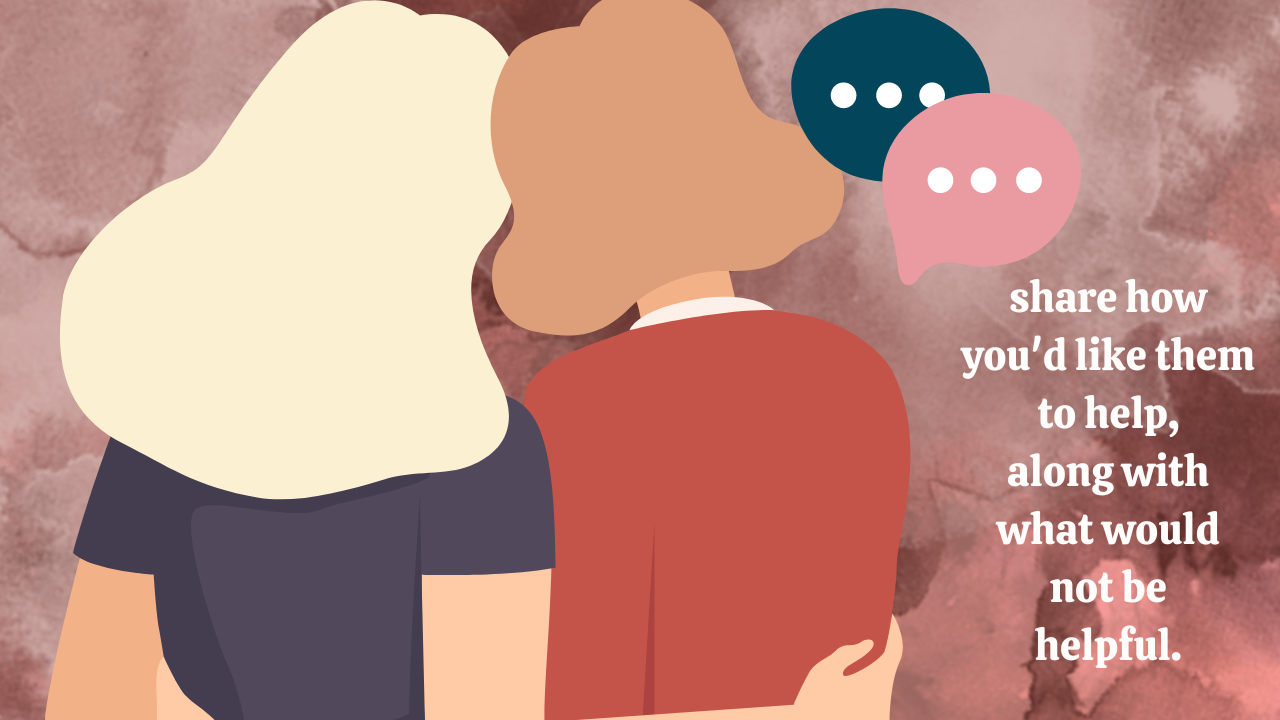
Be clear, set boundaries.
Seek professional help.
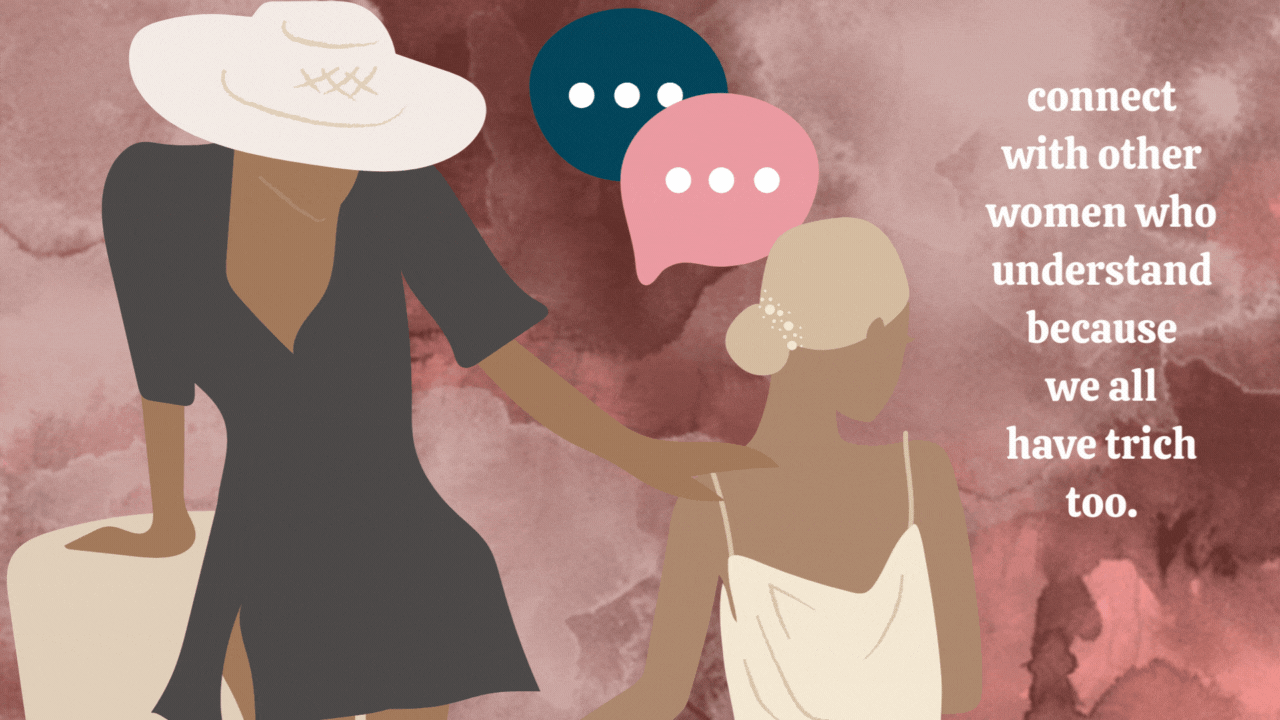
Join our kind community.
UNTRICK YOURSELF
Learn more therapy tips for chronic hair pullers
Join our self-help course designed for women who have trichotillomania.
Write your awesome label here.


